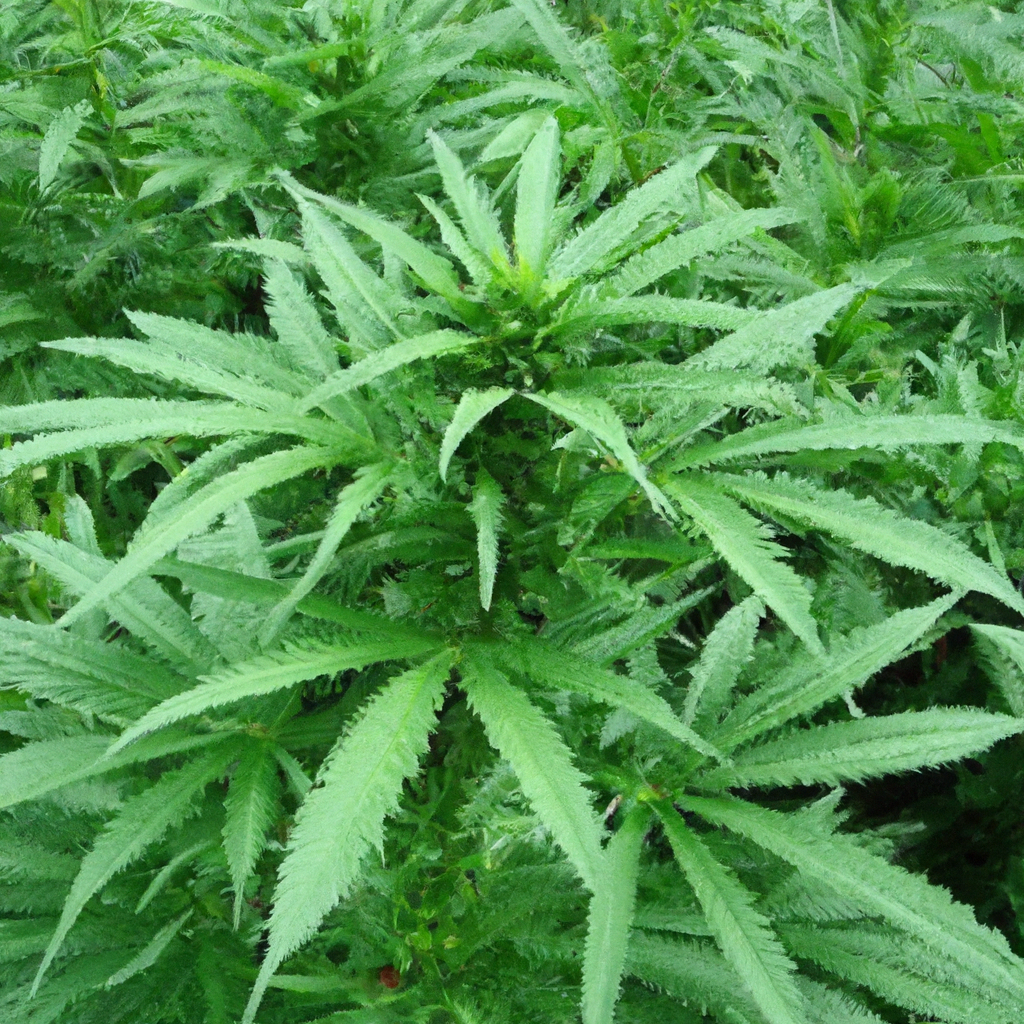Welcome to the vibrant world of organic cannabis cultivation! As a beginner, diving into organic growing might seem like plunging into the deep end. Fear not, as I, John “Magic” Greenleaf, am here to guide you through the process of growing cannabis organically. Let’s embark on this journey toward sustainability, potency, and high-yield optimization!
Why Choose Organic Cultivation?
Organic cultivation focuses on nurturing your cannabis plant with natural, earth-friendly inputs rather than synthetic fertilizers and pesticides. Why does this matter? Here are a few compelling reasons to consider going organic:
- Healthier Plants: Organic practices improve soil health, resulting in stronger and more resilient plants.
- Superior Flavor: Many growers believe organic cannabis produces richer terpene profiles, leading to enhanced aromas and flavors.
- Environmental Friendliness: Organic methods support biodiversity, reduce water waste, and enhance soil conservation.
Getting Started: The Organic Grower’s Toolbox
Here’s a basic checklist of tools and materials you’ll need to kickstart your organic cannabis journey:
- Quality Organic Soil: Consider compost-based soils rich in nutrients, such as worm castings and bat guano.
- Natural Fertilizers: Embrace natural options like fish emulsion or bone meal for nutrient boost.
- Compost Tea: Brew a compost tea as your plant’s natural tonic for increased root health and disease resistance.
- Pest Control: Integrated pest management (IPM) techniques using neem oil, ladybugs, or beneficial nematodes.
Steps to a Successful Organic Grow
1. Prepare Your Soil
Your soil is your cannabis plant’s foundation. Focus on creating a fertile environment with well-balanced pH (around 6.0 to 7.0), good aeration, and excellent drainage.
2. Seed Selection
Choose strains known for thriving in organic environments. You might lean towards classics like “Magic Kush” for its resilience and medicinal benefits.
3. Water Wisely
Adopt water-efficient methods, like drip irrigation, to preserve moisture and prevent overwatering. Keep your roots happy, and your plants will reward you.
4. Monitor and Adjust
Check your plant’s progress regularly. Adjust according to its needs, paying close attention to environmental factors like humidity and temperature.
Conclusion
The path to mastering organic cannabis cultivation is a rewarding experience filled with learning and growing (pun intended). Remember, “Healthy roots, healthy buds, happy harvests.” As you continue on your journey, don’t hesitate to explore options and experiment. Embrace the road to sustainability, and relish the satisfaction of knowing your cannabis is cultivated with care for nature and health.
Happy growing!
Sincerely,
John “Magic” Greenleaf
“Growing greatness, one strain at a time.”
Explore more tips and insights at my blog, MagicGreenGrow.com
Tags: Organic Cultivation, Sustainability, High-Yield Optimization


Leave a Reply